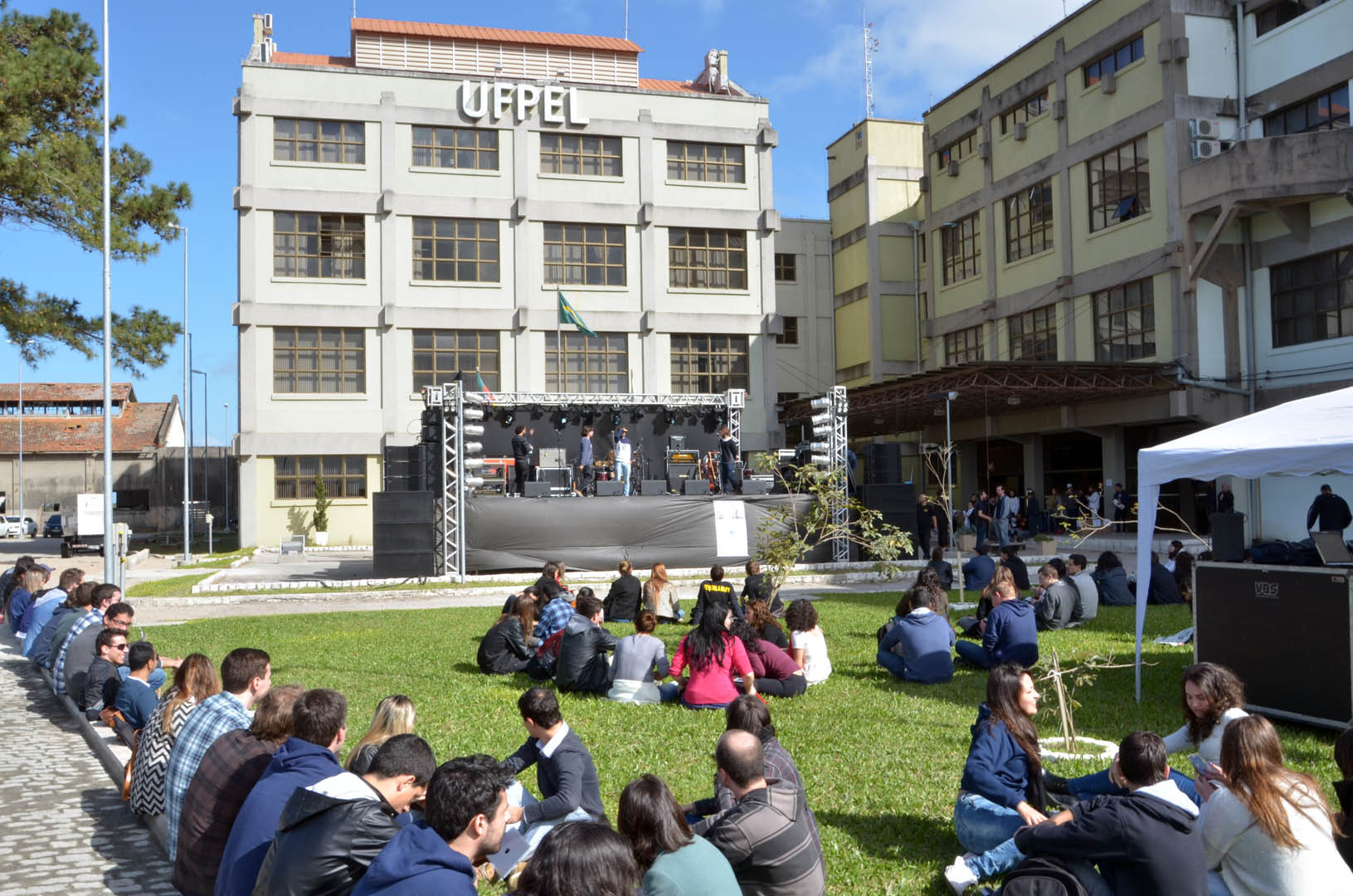RNP inaugurates high-speed data network in Pelotas
Researchers, professors, students and doctors from Pelotas (RS) will be able to count on high-performance access to networks and infrastructures, to carry out scientific research, teleconsultations, remote classes and other functionalities. The Pelotas Community Metropolitan Education and Research Network (RECOP), which will be inaugurated on May 11, at 2 pm, at the Federal University of Pelotas (UFPel).
The project is part of RNP's Community Metropolitan Networks for Education and Research Program (Redecomep), which implements connections in metropolitan regions and in cities in the country's interior interconnected by RNP's Points of Presence (PoPs).
Redecomep Pelotas (RECOP) will have around 45 km of fiber optic cables that will offer users access speeds of up to 1 Gb/s. The opening event will be held at UFPel and may be accompanied by journalists. See below for more information about the event.
The Metropolitan Network made possible by RNP will interconnect the following institutions:
21 campuses of the Federal University of Pelotas (UFPel), three campuses of the Federal Institute of Education, Science and Technology Sul-rio-grandense (IFSul), in addition to three units of Serpro, a substation of CEEE-D, the energy distribution company of Rio Grande do Sul, and two Embrapa units, Clima Temperado and Capão do Leão.
Redecomep Pelotas was made possible by the partnership between RNP and the company Razão Info (Vetorial), CEEE-D and other partners. The project was elaborated by RNP, which acquired the materials and equipment; the construction and subsequent maintenance is in charge of Vetorial; and CEEE-D granted permission for installation on its pole network.
In total, more than 560 consortium institutions in Brazil already use Redecomep, which has 52 optical networks. With this new infrastructure, total coverage surpasses the mark of 4,000 km of fiber optics throughout the country, also guaranteeing access to the national and global research networks, through high-performance connections in the benefited cities. The networks are present in 27 capitals and 25 municipalities in the interior.
